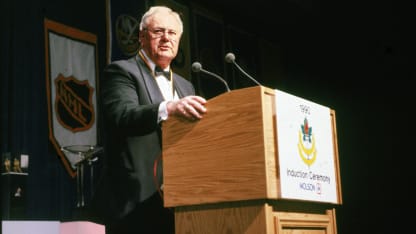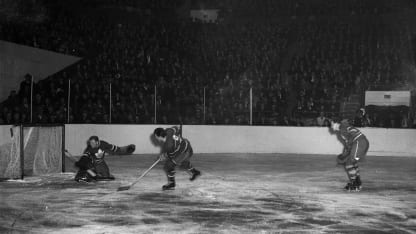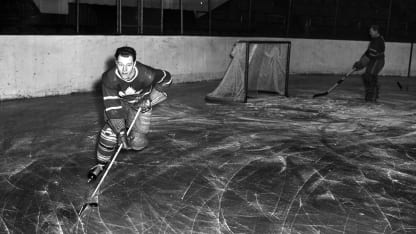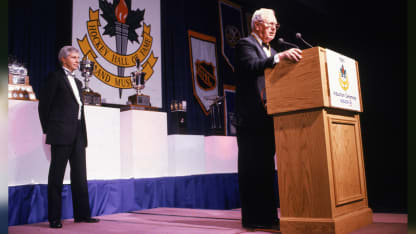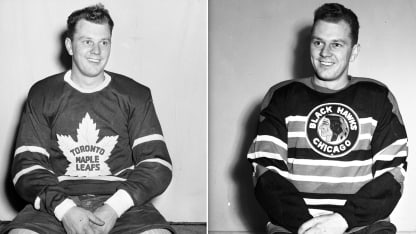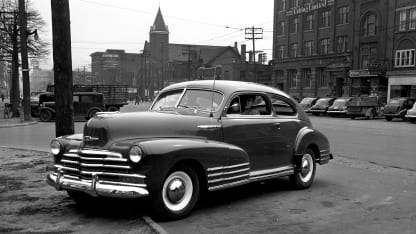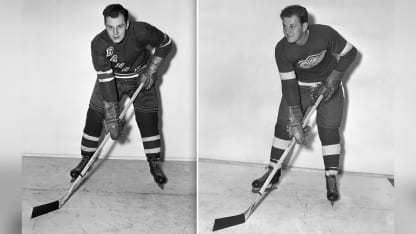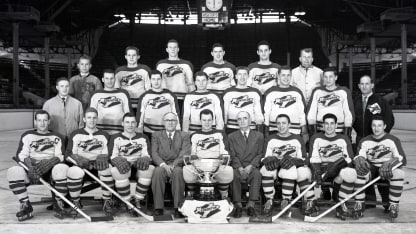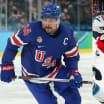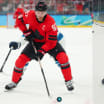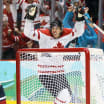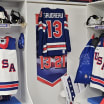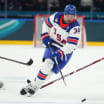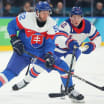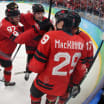The late Norman “Bud” Poile remains a cornerstone for the Philadelphia Flyers on this centennial anniversary of his birth on Feb. 10, 1924, nearly two decades after his death in 2005 at age 80.
It was 50 years ago this season that the 1973-74 Flyers won their first of two franchise Stanley Cup championships, the second coming the following season.
The Flyers will be in the spotlight this coming week, playing the New Jersey Devils in the 2024 Navy Federal Credit Union Stadium Series at MetLife Stadium in East Rutherford, New Jersey on Saturday (8 p.m. ET; ABC, ESPN+, TVAS-D, SN1).
Poile, the father of Nashville Predators retired front-office legend David Poile, helped put them on the ultimate stage, playing a vital role as architect of those two winners, hired by Flyers chairman Ed Snider on May 31, 1966, as the expansion team’s first general manager.
He was tasked with drafting players, and he selected goalie Bernie Parent No. 2 in the 1967 expansion draft, and center Bobby Clarke with the 17th pick in the 1969 NHL Draft, a core pair who would parade the Stanley Cup along Broad Street in consecutive seasons.
